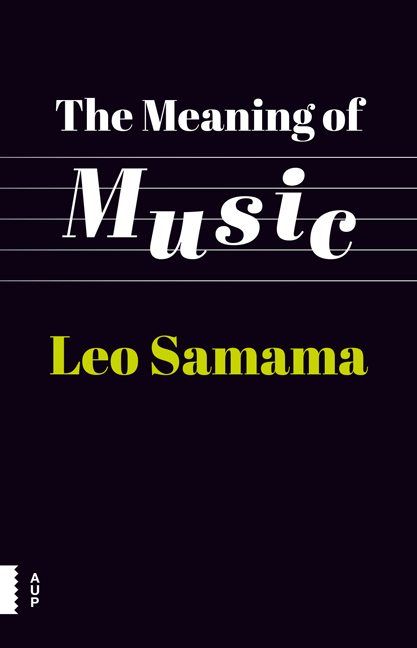Summary
Let us first imagine how it would be to be entirely unaware of the world around us. This may sound somewhat hypothetical, but nevertheless, imagine that none of our senses are functioning. We can't see, feel, taste, smell or hear. Nothing that exists beyond our bodies can penetrate into our consciousness, because no signals are being passed through to the senses. We are like a hermetically sealed pot, a so-called ‘monad’; a thing with no windows to the outside. At the risk of tautology, we can use the term ‘windowless monad’. The founder of monadology was the 17th-century philosopher Gottfried Wilhelm von Leibniz. He is of little importance to music other than that as a real child of his time, he considered music to be a form of mathematics; a mathematical exercise, to be exact. In his opinion, the pleasure that we derive from music comes from unconscious counting: music and mathematics as allies.
Having established that nothing can penetrate a monad or an insentient person, the question arises, would the inner world of this person contain any form of music? Leibniz was certain that whatever was ingrained in a person's system had to be something pious. These days, we would be highly sceptical of such thoughts. Nevertheless, whereas fifty years ago we still believed that people were mainly formed by their environment and by their surrounding culture, we are now inclined to attach more importance to our physical nature as a result of discoveries about human DNA, and thus to the genetic and physical core of what we are. Is music also a fixed part of our physical system? Is music the result of ‘culture’ or ‘nature’? Or is it not the music itself but our abilities in music, the quality of being musical, which is written into our DNA?
Let me rephrase the question. Would music exist somewhere in our bodies if none of our senses worked? And if this could be answered in the affirmative, which sounds might be present in these darkened vaults that are sealed from the outside world?
- Type
- Chapter
- Information
- Meaning of Music , pp. 37 - 42Publisher: Amsterdam University PressPrint publication year: 2016



